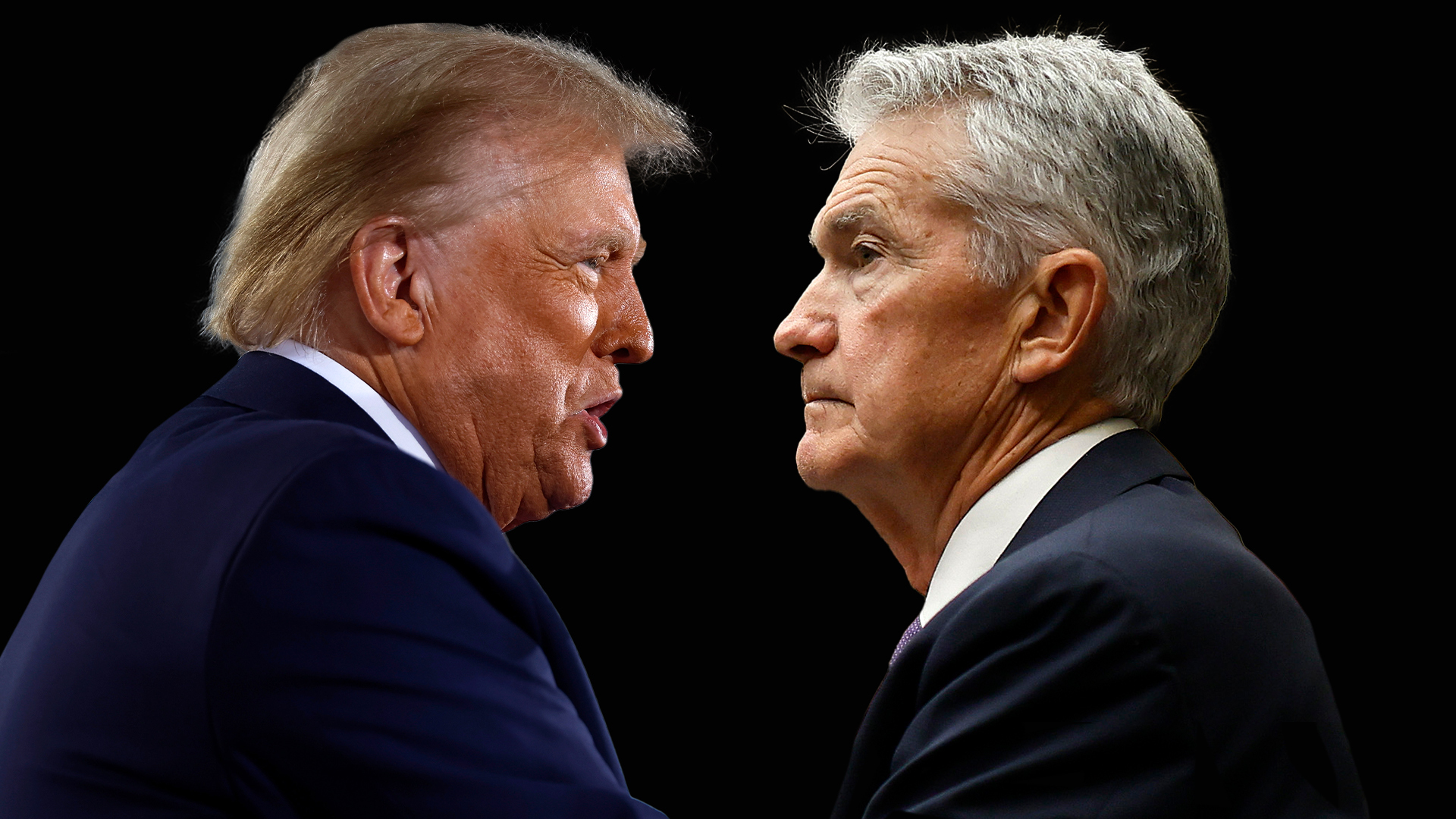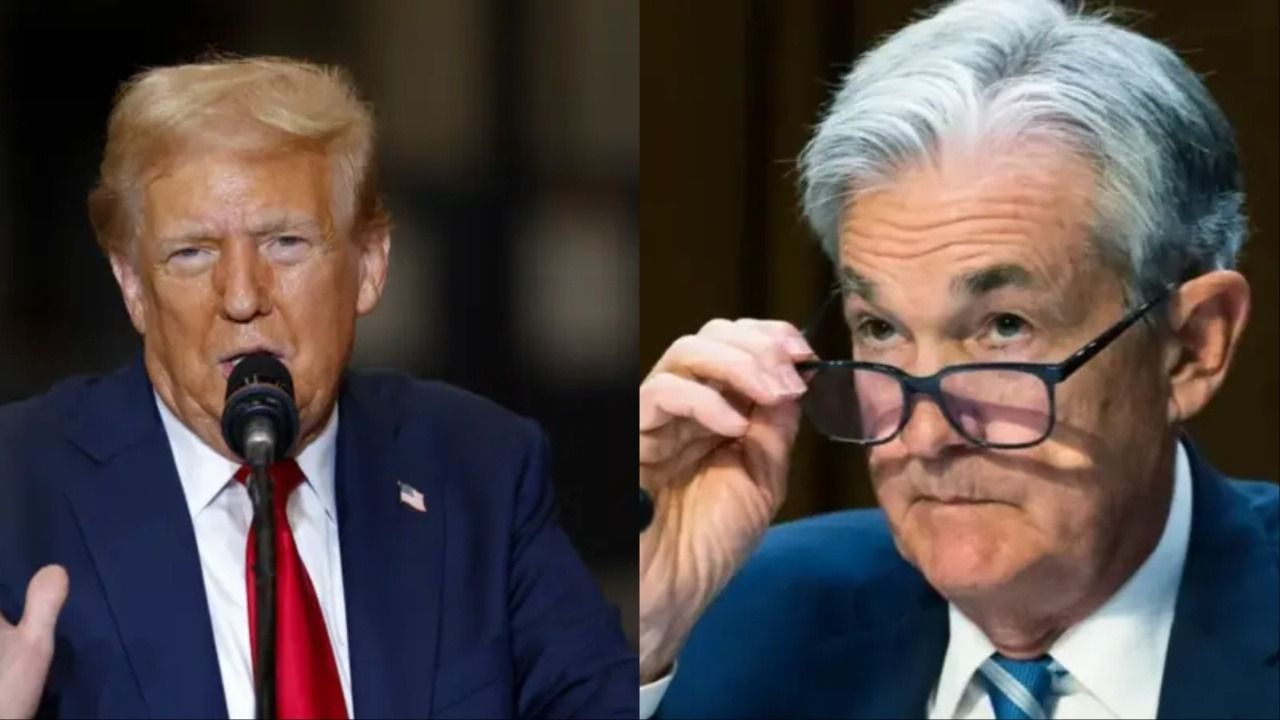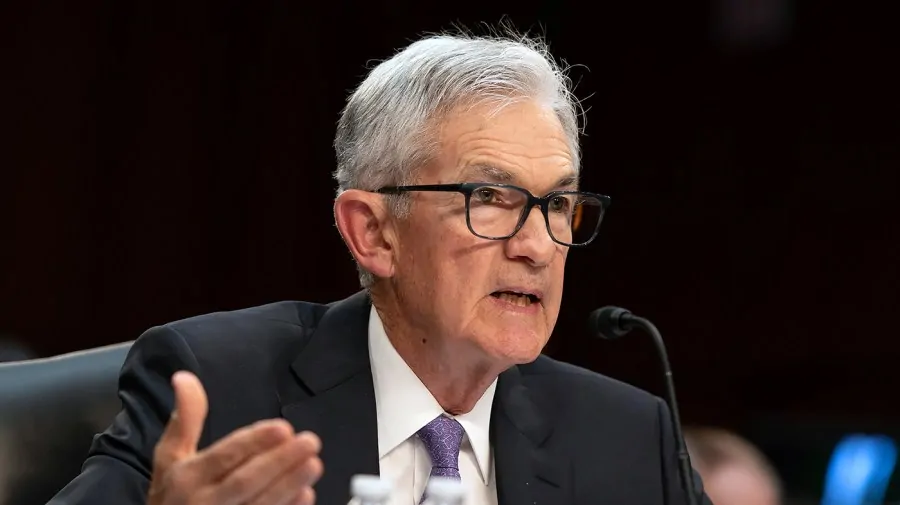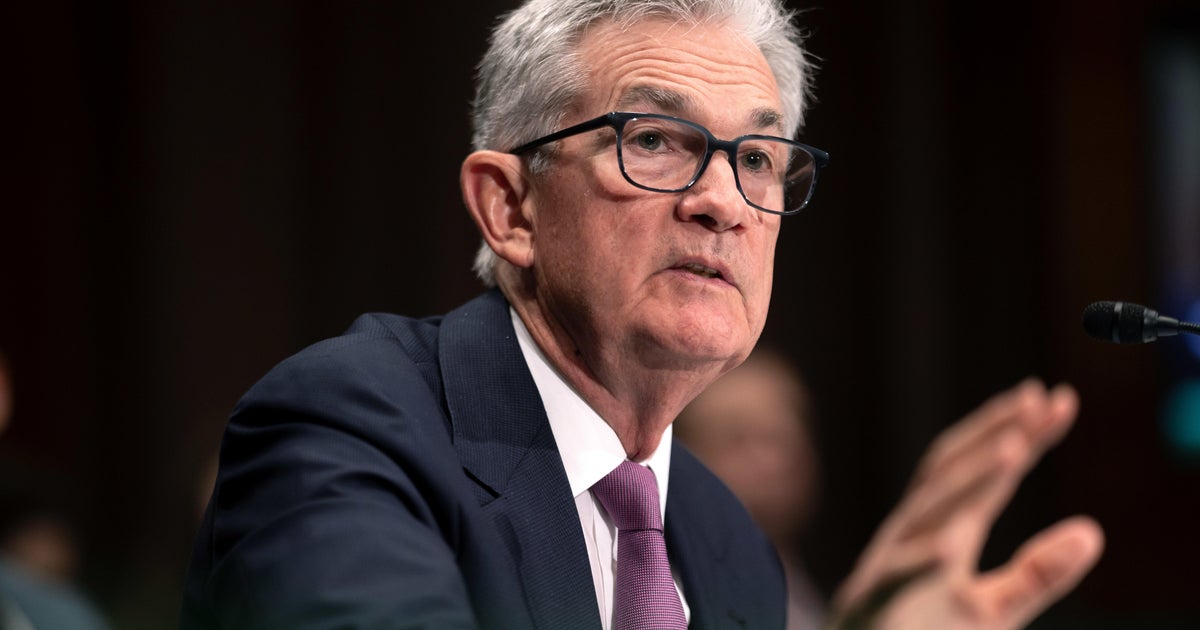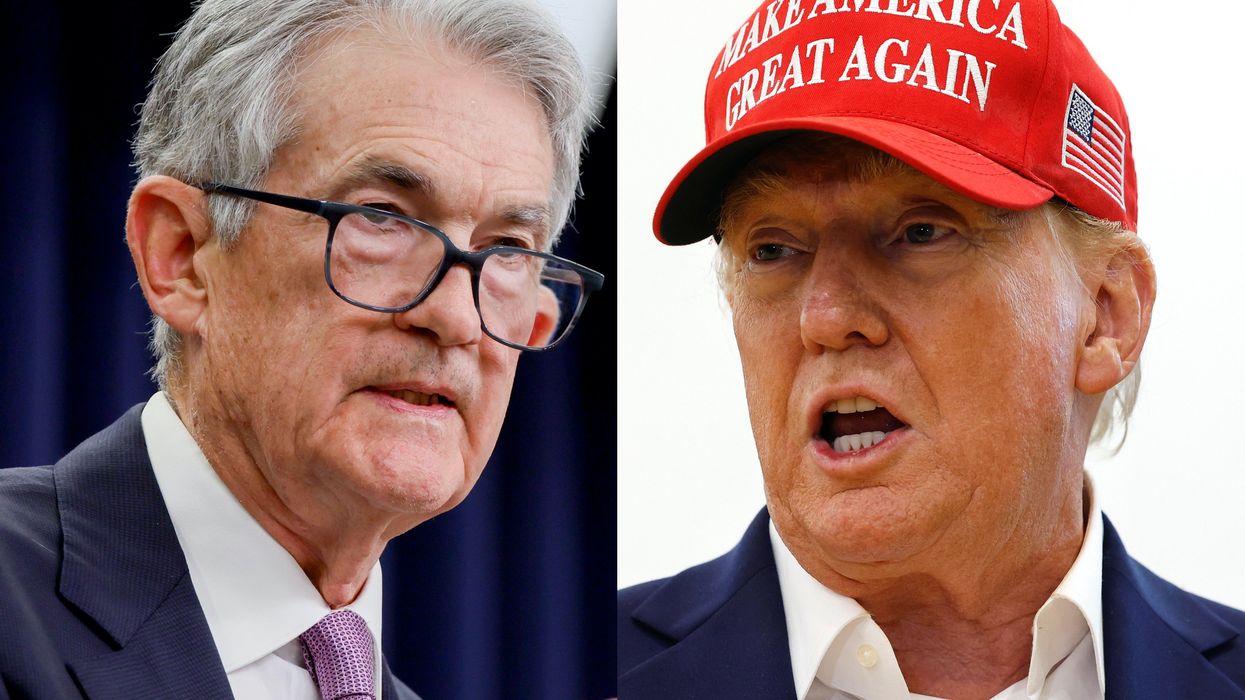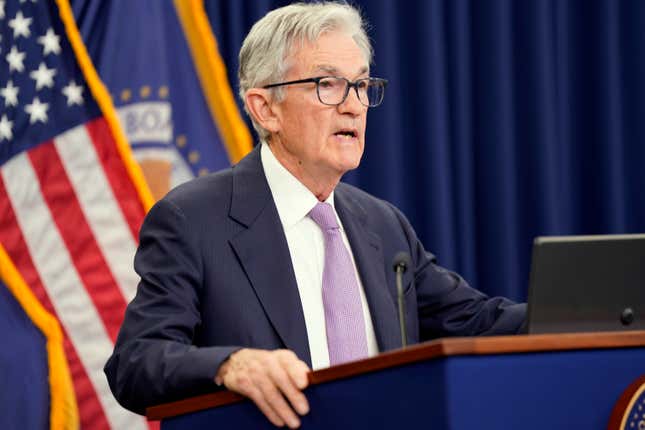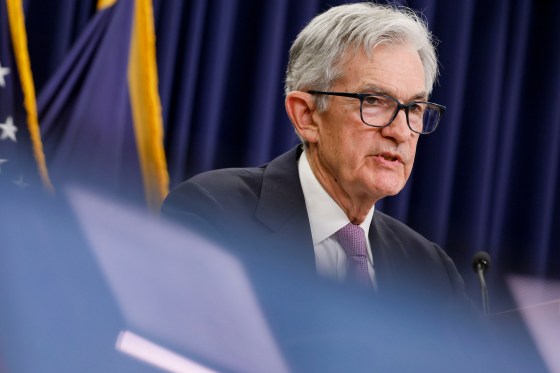Jerome Powell vs. Donald Trump: The $64,000 Question – Can the President Fire the Fed Chief?
The battle lines have been drawn between Jerome Powell, the 16th chair of the Federal Reserve, and Donald Trump, the President-elect of the United States. As Trump prepares to take office, a very public spat has erupted between the two men over the issue of Powell's job security. But what does this mean for interest rates, and more importantly, can Trump actually fire Powell? In recent weeks, Powell has been unequivocal in his response to Trump's criticism, stating that he will not resign if asked by the president. In fact, Powell went as far as to say that he has no obligation to leave his position, even if Trump requested it, before the end of his term in 2026. This bold statement sparked a flurry of speculation over the future of the relationship between the White House and the Fed. Powell, a former investment banker and lawyer, was appointed as the Fed chair in 2018 by Trump himself. However, their relationship has been tumultuous, with Trump frequently criticizing Powell's performance and questioning the independence of the Fed. Despite this, Powell has maintained that he will not be intimidated or influenced by the president's comments. So, can Trump actually fire Powell? The short answer is no. According to the Federal Reserve's rules, the chair can only be removed for "cause," which includes serious misconduct or neglect of duty. This means that Trump would need to have a compelling reason to fire Powell, and even then, it would likely be a long and difficult process. Powell's defiance in the face of Trump's criticism has sparked a mixed reaction from the business community. Some, like Elon Musk, have called for the end of the Fed altogether, citing its alleged shortcomings and failures. Others, however, have defended Powell's independence and commitment to monetary policy. The implications of this spat extend far beyond the personal dynamics between Trump and Powell. The interest rates set by the Fed have a direct impact on the US economy, affecting everything from consumer spending to business investment. If Trump were to attempt to fire Powell, it could lead to market volatility and undermine confidence in the US economy. As the situation continues to unfold, one thing is clear – Jerome Powell is not going down without a fight. Whether or not Trump will ultimately try to fire him remains to be seen. One thing is for certain, however – the relationship between the White House and the Fed has never been more strained.The Powell-Trump Saga: A Timeline of Events
The controversy surrounding Powell's job security began to unfold in the weeks leading up to Trump's inauguration. Here is a timeline of key events: * December 2023: Trump begins to criticize Powell's performance, questioning the Fed's independence and the direction of monetary policy. * January 2024: Powell responds to Trump's criticism, stating that he will not resign if asked by the president. * January 2024: Trump fires back, reiterating his criticism of Powell and the Fed. * February 2024: Powell delivers a speech in which he defends the Fed's independence and commitment to monetary policy. * March 2024: Trump announces that he will not attempt to fire Powell, citing the Fed chair's "excellent" track record. The situation remains fluid, with Trump continuing to voice his criticism of Powell and the Fed. However, one thing is clear – Jerome Powell is not going to let the president push him around.#Politics


